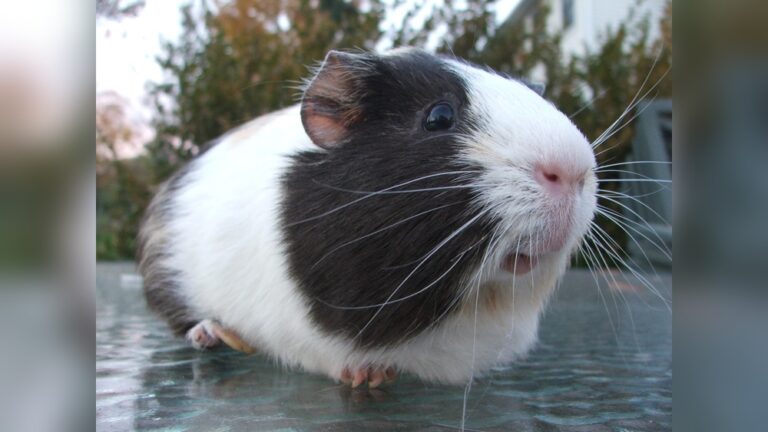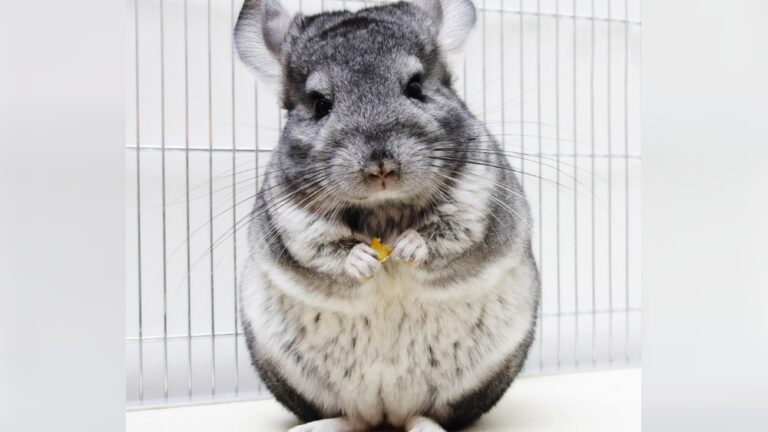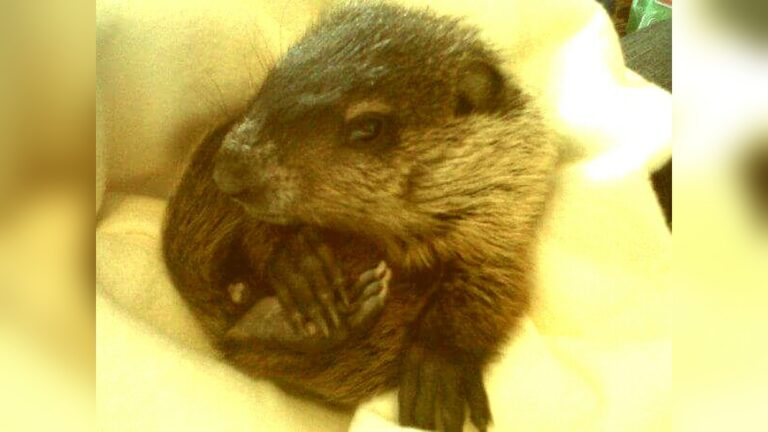Can Guinea Pigs Eat Honey: Surprising Facts You Must Know
If you have a guinea pig, you want to give it the best care and treats possible. But when it comes to foods like honey, you might wonder, “Can my guinea pig eat honey safely?” You’re not alone in asking this.
Honey is a natural sweetener that many people love, but is it good or bad for your furry friend? Understanding what guinea pigs can and cannot eat is key to keeping them healthy and happy. Keep reading to find out the truth about honey and your guinea pig’s diet—you might be surprised by what you learn!
Guinea Pig Diet Basics
Guinea pigs need a healthy diet to stay happy and active. Their food should give them the right vitamins and minerals. A balanced diet helps prevent health problems and keeps their teeth strong. Knowing the basics of what guinea pigs eat is key to their care.
They rely on fresh foods and specific nutrients to live well. Some foods are safe, while others can harm them. Learning which foods are good helps you feed your pet correctly.
Essential Nutrients
Vitamin C is very important for guinea pigs. They cannot make it themselves. Fresh vegetables and fruits provide this vitamin. Fiber helps their digestion and keeps their gut healthy. Hay is the main source of fiber. Protein supports their growth and repair. Small amounts come from pellets and vegetables.
Common Safe Foods
Timothy hay should always be available. It helps wear down their teeth and aids digestion. Fresh leafy greens like romaine lettuce and kale are good choices. Carrots, bell peppers, and cucumber can be given in small amounts. Avoid sugary or starchy foods. Water must be fresh and clean every day.
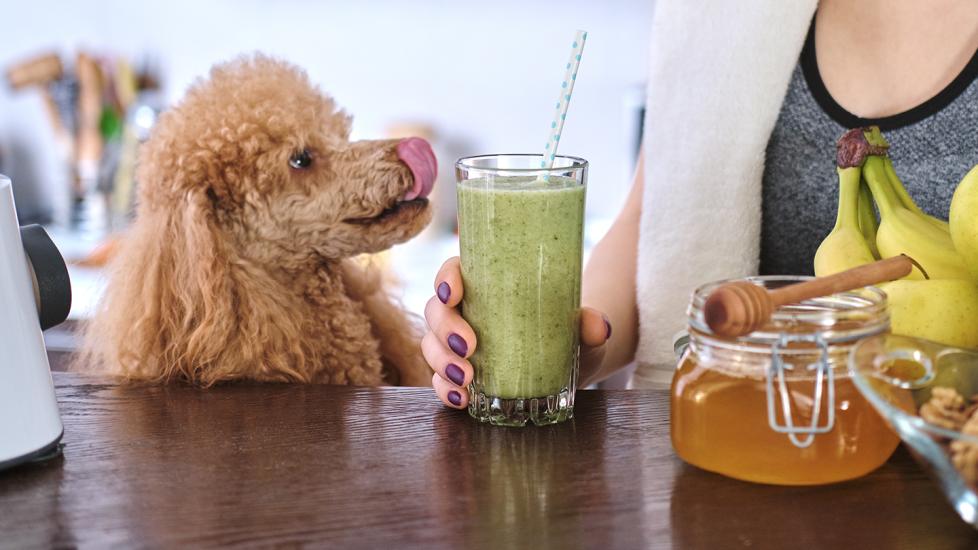
Credit: www.petmd.com
Honey Composition And Properties
Honey is a natural substance made by bees. It contains many elements that affect its taste and health effects. Understanding honey’s composition helps us know if it suits guinea pigs.
Honey’s properties come from its mix of sugars, water, and other small parts. These parts give honey its sweet flavor and unique texture. Some parts may have benefits beyond just taste.
Natural Sugars In Honey
Honey mainly has two types of sugars: glucose and fructose. These sugars provide energy quickly. They are simple sugars, which means they absorb fast in the body.
Besides sugars, honey has small amounts of vitamins and minerals. These include vitamin C, calcium, and iron. They are present in tiny amounts but add to honey’s nutrition.
Antibacterial Effects
Honey can fight some bacteria. It contains natural substances that stop bacteria from growing. This property makes honey useful for minor cuts and wounds in humans.
The antibacterial effect comes from hydrogen peroxide and other compounds. These create an environment where bacteria struggle to survive. This makes honey special among sweeteners.
Honey And Guinea Pigs: Compatibility
Honey is a natural sweetener loved by many. It has a sticky texture and a strong, sweet taste. Guinea pigs are small pets that need special care. Their diet mainly includes hay, fresh vegetables, and fruits. Honey is not a usual part of their diet.
Understanding how honey affects guinea pigs is important. Their bodies react differently to foods than humans. Some foods that seem safe for us can harm them. Knowing the compatibility of honey with guinea pigs helps keep them safe and healthy.
Digestive System Sensitivity
Guinea pigs have very delicate digestive systems. Their stomachs cannot handle sugary or sticky foods well. Honey is thick and rich in sugars. It can cause upset stomach or diarrhea in guinea pigs. Their gut relies on fiber to stay healthy. Too much sugar can disrupt the good bacteria in their intestines. This may lead to serious digestive problems.
Sugar Impact On Health
Honey contains a lot of natural sugar. Guinea pigs do not need added sugars in their diet. Excess sugar can cause obesity and dental issues in guinea pigs. Their teeth grow continuously and need proper wear from fibrous foods. Sugary foods like honey can promote tooth decay. Also, sugar may increase the risk of diabetes in guinea pigs. Keeping their diet low in sugar helps maintain their health and energy.
Credit: www.innovatermia.es
Risks Of Feeding Honey To Guinea Pigs
Feeding honey to guinea pigs carries several risks. Their small bodies cannot handle certain foods well. Honey is high in sugar and can cause health problems. It is important to understand these risks before offering honey to your pet.
Even a small amount of honey can cause harm. Guinea pigs have delicate digestive systems that are sensitive to new foods. Honey may lead to allergic reactions or long-term health issues like obesity and diabetes.
Potential Allergic Reactions
Some guinea pigs may react badly to honey. Allergic reactions can include itching, swelling, and breathing problems. These symptoms can appear quickly after honey consumption. Guinea pigs cannot tell us when they feel sick. Watch for any unusual signs after feeding new foods.
Risk Of Obesity And Diabetes
Honey contains a lot of sugar, which can cause weight gain. Guinea pigs are prone to obesity if they eat sugary foods often. Excess weight strains their heart and bones. High sugar intake also raises the risk of diabetes. Diabetes is a serious disease that affects their quality of life. Avoid feeding honey to keep your guinea pig healthy.
Safe Treat Alternatives
Guinea pigs need treats that are safe and healthy. Some foods can harm them. Choosing the right treats helps keep them happy and well. Here are some good options that guinea pigs enjoy and are safe to eat.
Fruits And Vegetables
Fresh fruits and vegetables are great treats for guinea pigs. They provide vitamins and water. Small pieces of apple, carrot, or cucumber work well. Avoid citrus fruits, as they can upset their stomachs. Leafy greens like spinach and kale are tasty and safe. Feed these treats in small amounts to avoid stomach problems.
Commercial Treats
Commercial treats made for guinea pigs offer a balanced snack. These treats contain nutrients that support their health. Choose products with natural ingredients and no added sugar. Avoid treats with artificial colors or preservatives. Always check the label before buying. Give commercial treats only once in a while as a special snack.
Tips For Guinea Pig Feeding
Feeding guinea pigs the right way is important for their health. Giving them safe foods helps them live longer and feel happy. Learning simple tips can make feeding easier and better.
Understanding what and how much to feed keeps guinea pigs safe. Watching their health helps catch problems early. These tips help you care well for your pet.
Portion Control
Give small amounts of treats like honey, if allowed. Too much sugar harms their stomach and teeth. Fresh vegetables and hay should be the main food. Always measure treats to avoid overfeeding.
Monitoring Health Changes
Watch for changes in eating habits or behavior. Less appetite or dull fur can signal illness. Check teeth and weight regularly. Early detection helps prevent serious health issues.
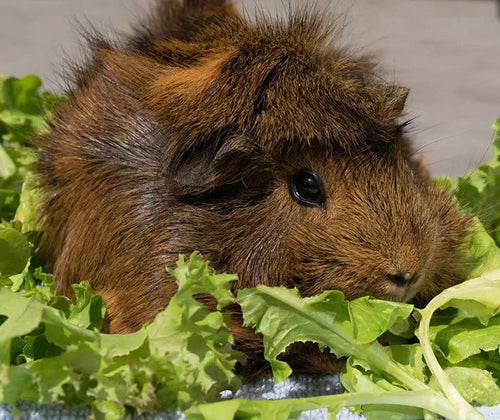
Credit: chooks.co.nz
How Smart Pets Lover Can Help You with Can Guinea Pigs Eat Honey
Turning Curiosity into Care: Learning from Guinea Pig Diets and Honey
It’s natural to wonder, “Can guinea pigs eat honey?” This question opens a window to deeper learning about their dietary needs and the unique properties of foods like honey. Understanding guinea pig diet basics helps pet parents recognize that while honey is rich in sugars and natural compounds, it doesn’t align well with a guinea pig’s delicate digestive system.
Exploring the risks of feeding honey to guinea pigs encourages practical lessons in safe treat alternatives—like fresh veggies and specially formulated snacks—that support your furry friend’s health without unnecessary risks. At Smart Pets Lover, we believe that every question about pet care is a chance to build confidence and a stronger bond with your companion. Remember, when in doubt, consulting a trusted vet or pet expert is always a wise step.
For more thoughtful advice on pet nutrition and care, feel free to reach out to us. After all, every wag, purr, and chirp tells a story worth nurturing with knowledge and love.
Frequently Asked Questions
Can Guinea Pigs Safely Eat Honey?
No, guinea pigs should not eat honey. Their digestive systems cannot process honey properly. Honey’s high sugar content can harm their health and cause digestive issues.
What Happens If Guinea Pigs Eat Honey?
If guinea pigs consume honey, they risk digestive upset, obesity, and dental problems. Honey’s sugar can disrupt their gut bacteria and lead to illness.
Are There Natural Sweet Treats For Guinea Pigs?
Yes, fresh fruits like apples or berries are safer treats. Always offer fruits in small amounts to avoid sugar overload and maintain health.
Why Is Honey Bad For Guinea Pigs’ Health?
Honey contains too much sugar and lacks essential nutrients for guinea pigs. Their bodies are not designed to digest sugary foods like honey.
Conclusion
Guinea pigs should not eat honey. It can harm their health. Their digestive system is not made for sugary foods. Fresh vegetables and hay are best for them. Always choose safe, natural foods for your pet. Keep your guinea pig happy and healthy with proper care.
Remember, simple and safe snacks work best. Your pet will thank you with good health and energy.

